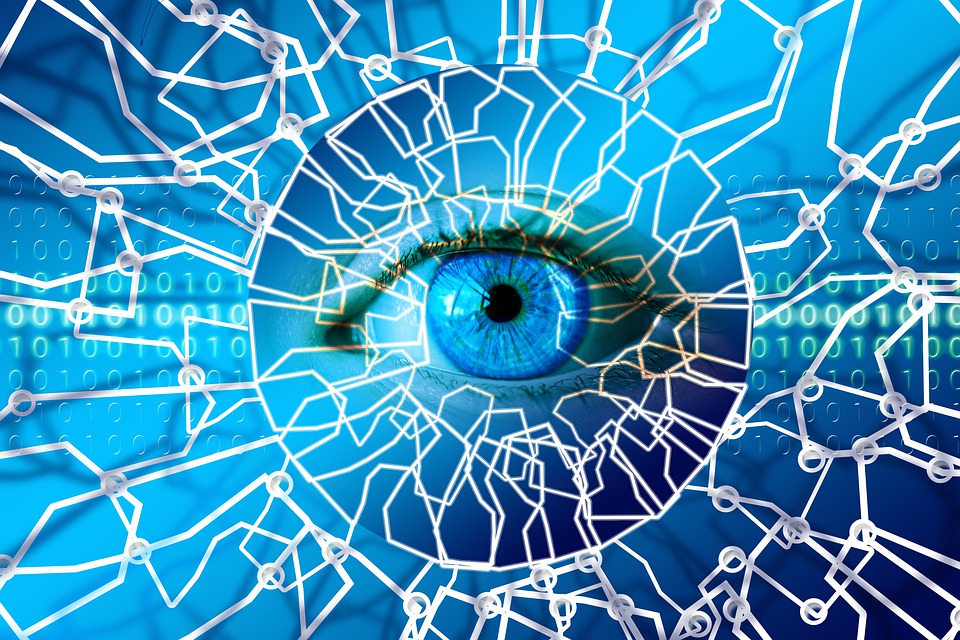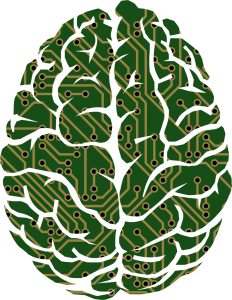From Robotic Process Automation to Intelligent Automation
The field of robotics has evolved significantly from the time of the early mechanical robots to the more recent software robots, or simply, bots. In the 20th century, hardware robots played an important role in supplementing many of the tasks that humans carried out by hand. Ever since the digitization of the workplace started gathering pace at the turn of the century, the focus has shifted towards software. Software processes and bots have gradually replaced a good majority of the manual processes carried out by humans at their desks.
What Is Robotic Process Automation (RPA)?
In the world of software programming, tasks that tend to be used often are coded as macros or scripts. The original days of software automation saw much of this coding restricted to standalone IT applications. Since the early 2000s, however, Robotic Process Automation (RPA) started gaining traction. It applied some of the automation principles across different IT applications in the enterprise, thus bringing a whole new meaning to the automation process. Tasks that were manual, deterministic, and repetitive in nature were ideal candidates for RPA. Robotic Process Automation improves performance and reduces the cost of operations, eliminating human interventions in the process.
Why Is Intelligent Automation (IA) the Future?

RPA works great for repetitive processes, but processes that require some form of human judgment are a challenge to automate. Some examples: the process to foreclose a mortgage based on an audit review; or interaction to resolve customer queries. Intelligent Automation has come about to solve these automation challenges. Intelligent software can learn from past data – this data (millions of scenarios) is collected and fed to software that employs machine learning algorithms. These algorithms are smart enough to mimic human decisions. IA applies Machine Learning, Computer Vision, and Cognitive Automation to RPA.
What Are the Benefits of IA?

At its core, the world of computing is mainly black and white (0s and 1s). In contrast, the human world consists of all shades of grey with emotions coming into play. So far, RPA has played a pivotal role in improving business process efficiencies and curtailing overall costs. Comparing IA vs. RPA is not ideal since IA is the natural evolution of RPA to tackle processes that are increasingly complex and tend to rely on human emotions and judgment. IA improves process efficiency by another notch through further reduction of the need for humans in the decision process. The ability of computers to process and analyze large data sets in quick time is far superior to that of humans. What computers were lacking was the human ability of intelligent decision making; IA is enabling that ability. Through the learn-and-adapt methodology, IA incorporates machine learning and artificial intelligence to tackle increasingly dynamic workflows that are fast becoming a part of every business.
The benefits of Intelligent Automation go beyond merely improving business processes and efficiencies – the key to the future is personalization. Businesses are seeking ways to connect intelligently with customers and delight them in unique ways. They are employing principles like design thinking in their product development. Implementing Intelligent Automation helps businesses with these foundations, thus improving their competitive advantage and substantially upping their business valuations.

